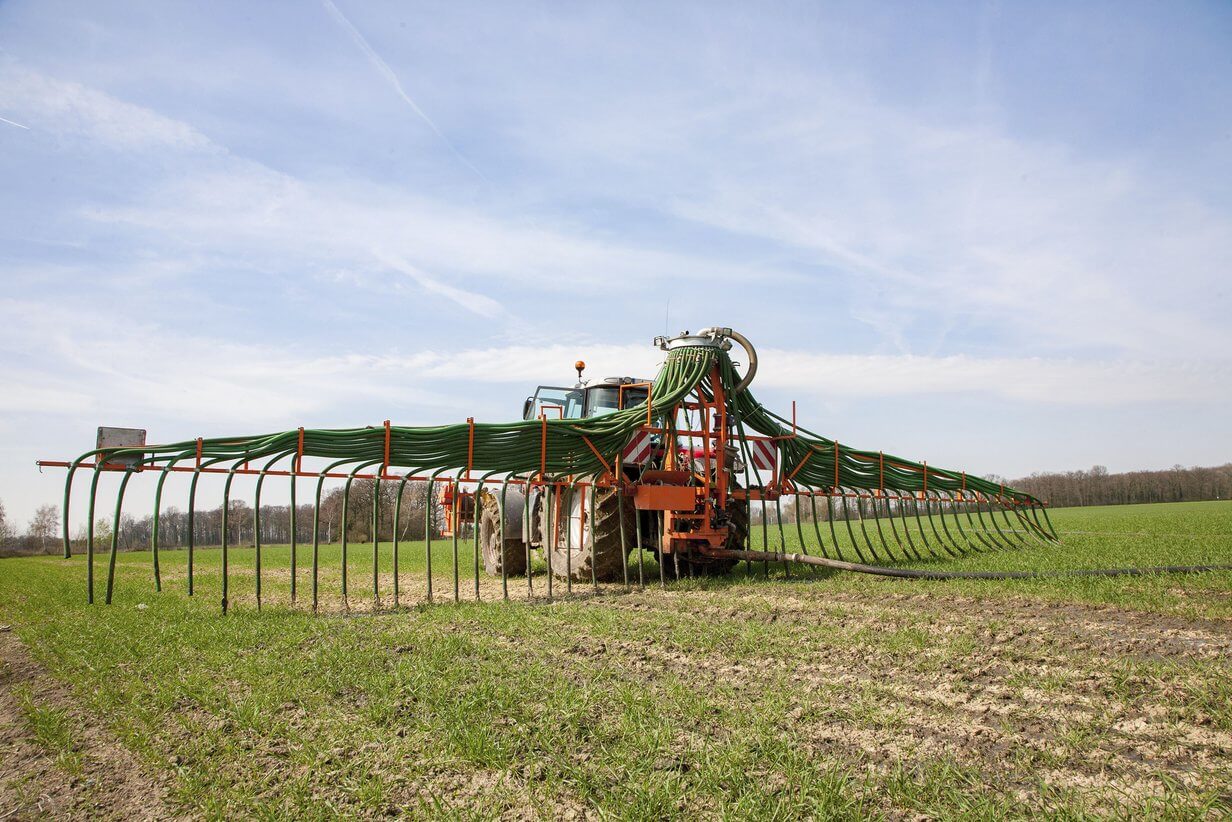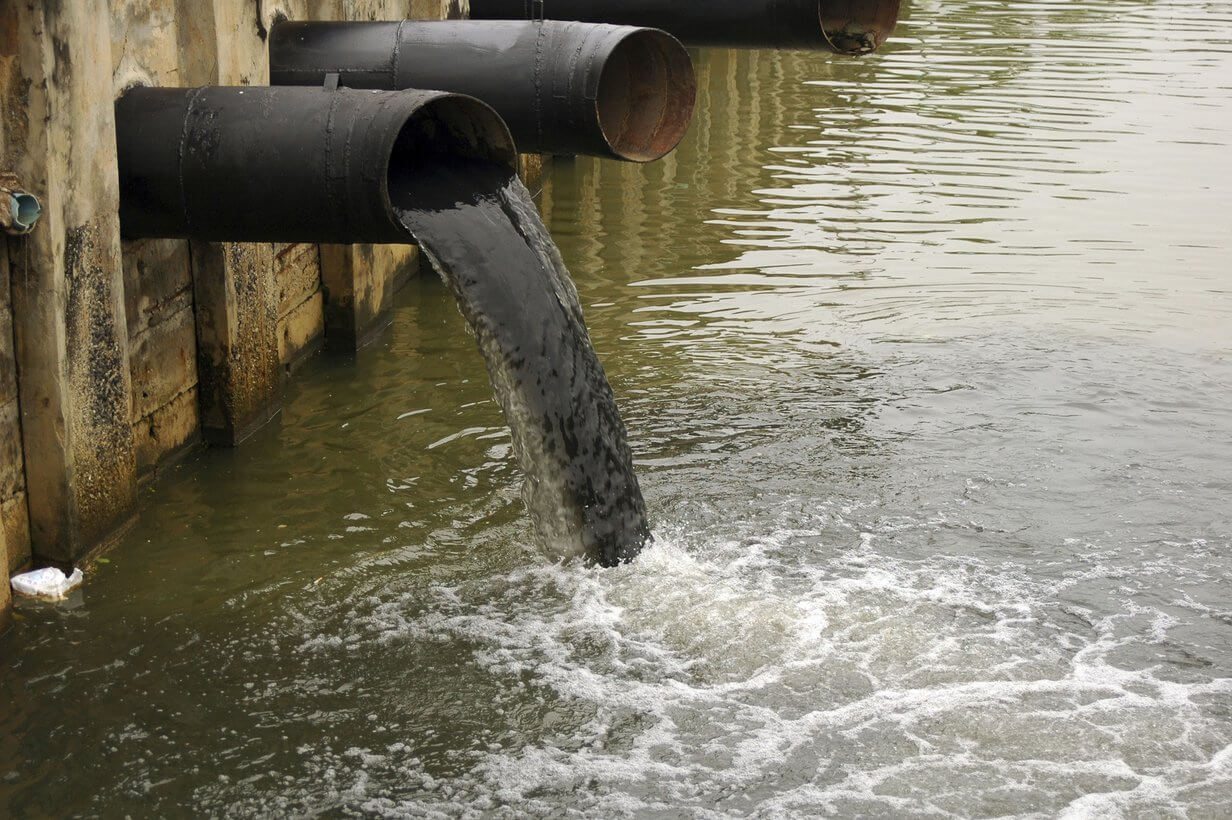The time bomb is ticking

Around 97 percent of the unfrozen fresh water on Earth is groundwater. If you keep in mind that we get about 80 percent of our entire water supply and about 70 percent of our drinking water supply from just this one resource, it quickly becomes clear how important and indispensable this treasure is.
For more than two-thirds of the population of Europe alone, groundwater is the sole source of daily water needs. It is all the more incomprehensible that agriculture still consumes around 70 percent of all available freshwater and returns much of it to the groundwater as a dangerous mixture of nitrate, pesticides, veterinary medicines, biocides and industrial chemicals. The fact that scarce groundwater reserves are exploited in an uncontrolled manner, which means that the reservoirs are often salinated and rendered unusable. And that around 80 percent of wastewater worldwide still remains untreated and seeps away into the ground - even rich countries still do not treat around 40 percent of their wastewater appropriately. Not to mention the resulting release of extremely climate-damaging greenhouse gases...


A quick look at China: Between 60 and 80 percent of the groundwater here is already so badly polluted that it is no longer suitable as drinking water. But it is also becoming more and more critical for Europe and even for Germany: A lot of valuable water from the once plentiful groundwater reservoirs remains permanently unusable as clean drinking water for tens and sometimes hundreds of years due to irresponsible action!
Although groundwater is renewed as part of the water cycle - evaporation, precipitation, runoff and recharge - and is therefore in principle considered a renewable resource, there is a catch: It only works if consumption and recharge are in balance - after all, the path from the earth's surface to the groundwater reservoir is stony, long and extremely tedious. However, as a result of the increasing demand for water from agriculture, industry and cities, around one third of groundwater reserves are already completely overused - and the trend is rising. In other words, groundwater is becoming scarcer and scarcer, our livelihood is disappearing exponentially, the time bomb is ticking!

But since groundwater - as the name suggests - is almost always hidden underground, we usually don't see it ... and thus the gradual destruction of one of the most important resources of mankind hardly reaches our consciousness, let alone politics, economy and society.
But what to do?
Of course, politicians are aware of this dilemma, but in day-to-day business there always seems to be something more urgent. In addition, political solutions are always just compromises that take an enormous amount of time despite rapidly changing environmental conditions. Time we don't have!
Adequate wastewater treatment, applied decentrally, is a solution that can be implemented quickly and easily however that is available promptly for private users, small, medium and large companies as well as for municipalities. The treated wastewater is discharged directly into the surrounding soil, where it ensures a stable groundwater level. - But it gets even better: downstream reprocessing technologies - keyword "water farming" - can convert the previously treated wastewater into valuable service water. This not only makes field and garden irrigation and other service water applications enormously cost-effective in the medium and long term, it also means that valuable groundwater reserves - and thus our livelihood - are not tapped in the first place and are thus conserved.
Conclusion: There are excellent solutions ... - we just have to act!
Sufficiently clean groundwater is therefore an essential part of solving the climate crisis!
Author: Uwe S. Meschede
Would you like to be regularly provided with new, interesting and lively contributions? Then register here!